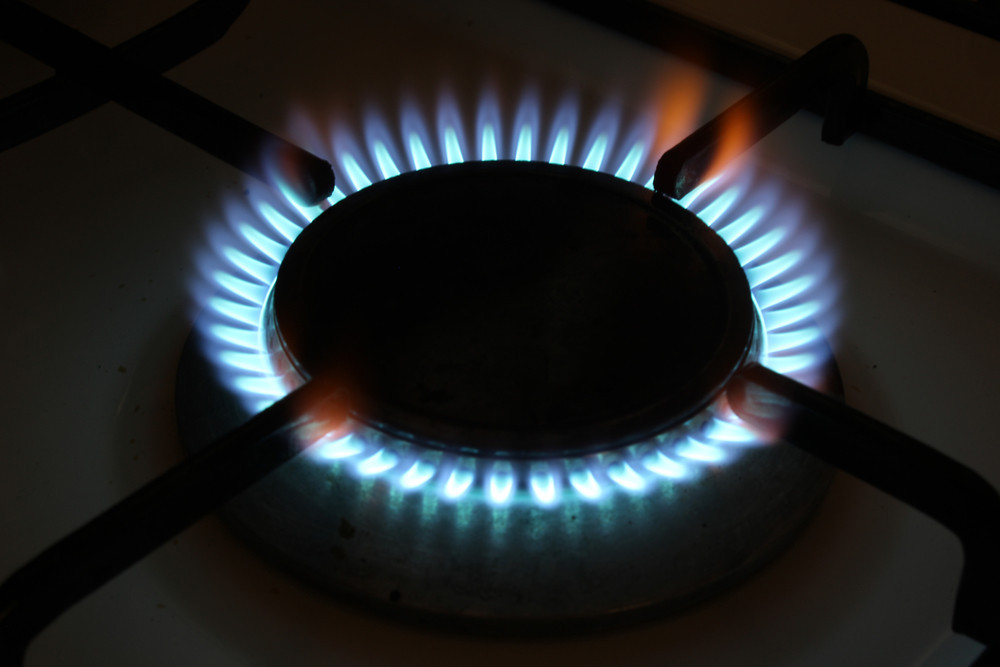Bruegel, a think tank based in Brussels, puts the Europewide amount of money pledged at €792bn.
That breaks down to €681bn spent by the 27 EU member states, €103bn by the UK and €8.1bn by Norway.
Focusing only on EU countries, Bruegel highlights that Germany, the largest economy in Europe, has spent €268bn (7.5% of its GDP) on consumer protection, which is 39.3% of all European countries’ spending in this area. In second place, France has allocated €91.2bn (3.7% of its GDP) to protect its consumers from soaring energy prices. At €9.1bn, or 9.3% of its GDP, Slovakia has made the greatest proportional effort.
Equivalent of €3,732 per person
According to the think tank, Luxembourg mobilised €2.4bn to contain consumers’ energy bills, i.e., 3.3% of its GDP. This puts the grand duchy in the middle of the rankings--however, on a per capita basis, the grand duchy outspent the rest of Europe: the equivalent of €3,732 per person has gone to helping with rising energy prices. Germany follows with €3,179, then Austria with €2,375.
At the bottom of the list are Hungary (with €276 per person), Finland (€256) and Cyprus (€233).
This article in Paperjam. It has been translated and edited for Delano.
